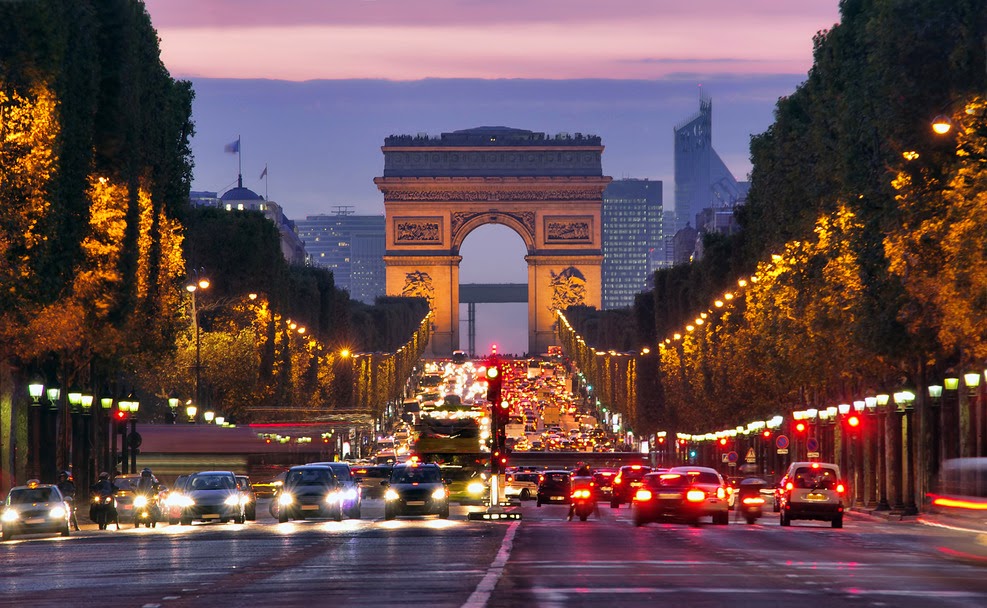On 23 October, member states sealed a deal that commits
the EU two binding targets: (1) To cut carbon emissions by at least 40% at 1990’s level; (2) To drive renewables in its
energy mix up to at least 27%; and a
non-binding target to curb its energy use by at least 27% by 2030. The EU 2030
package is hailed as a ‘good’ step forward, but not yet a ‘great’ step towards
the UN climate negotiations in Paris (COP 21) next year. Amid late night
applause of state leaders at Brussels, French President François Hollande said
the deal would “send a clear message to big polluters such as China and
the United States…to agree on a global legally binding agreement.” His remark
could be a motion of debate.
Democracy, liberty, human rights and rule of law are known to be the universal values. Becoming the universal philosophy of governance is "sustainable development". It is about shared prosperity for all the people and the planet. I create this Policy Compass blog to share with you my views or insights on the latest policy development in the UK and beyond. Your comments are always welcome.
Thursday, 20 November 2014
Wednesday, 8 October 2014
Climate-Resilient Agriculture and Food Security: New Network Capabilities to Solve Global Problems
Download my white paper here.
A third party - Global Food Safety Resource Centre - has given a review of this policy paper. Read it here.
Monday, 8 September 2014
EU’s energy security is about self-help, not seek-out
Amid escalating tension with Russia over Ukraine, Brussels centres
on shale gas and non-Russian gas imports in its new energy security strategy
unveiled in May this year. However, I cast great doubt that either the
crisis is being used as a pretext to re-carbonise Europe’s energy sector, or
the strategy document deplorably reflects how Brussels still pits emissions target and energy security goals against each other but
favouring the latter. In the green and digital age, the key to accomplishing
both missions, which should not be mutually exclusive, is empowering the people
to empower themselves – proliferating “community-owned renewable energy schemes”
in the EU, rather than revisiting the
outmoded, high-carbon formula to secure energy supplies.
Subscribe to:
Comments (Atom)


